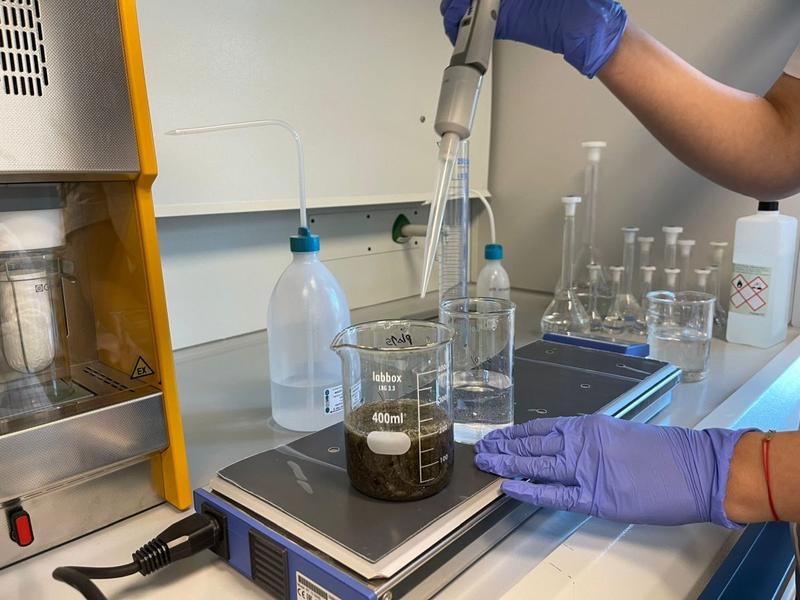Following reports that high levels of lead were discovered in cinnamon applesauce pouches, Sen. Rick Scott (R-Fla.) has urged the Food and Drug Administration (FDA) to look into the source of cinnamon used in recalled products.
Apple puree pouches that were recently recalled due to lead contamination were consumed by 64 children under the age of six in the United States as of December 5, according to the FDA.
Under the brands WanaBana apple cinnamon fruit puree and Schnucks and Weis cinnamon applesauce pouches, the recalled food products were sold to parents and kids.
In a letter dated December 15, Mr. Scott stated, “It seems that the high lead levels were associated with the cinnamon in this product and not the applesauce.” The letter was sent to FDA Commissioner Robert Califf.
Additionally, it seems that the business selling these fruit pouches obtained its cinnamon from an Ecuadorian supplier who might have acquired it from Asian nations like Communist China.
As per Mr. Scott’s explanation, there could be several reasons for high lead levels in spices like cinnamon. These include high levels in the soil where the product was grown, possible contamination in the supply chain during processing, or commercial adulteration like adding lead chromate to increase the product’s weight.
As per the senator, “Communist China has been known to engage in economically motivated adulteration, such as adding melamine—a chemical used in plastics—to infant formula, which led to at least six deaths and kidney failure in babies.”
Mr. Scott brought up a 2008 incident in which certain Chinese companies used fake precursor chemicals to manufacture the anticoagulant heparin in a non-sterile setting, which resulted in the deaths of 81 Americans.
Mr. Scott asked the FDA a number of questions in his letter, including whether the agency was looking into the source of the cinnamon used in the recalled products and what policies the agency had in place for preventing heavy metal contamination in common herbs and spices.
He questioned, “Is the FDA concerned that Communist China, which has a history of deception and failing to take responsibility for their economically adulterated products, is one of the largest producers of cinnamon?”
In order to provide the youngest and most vulnerable among us with access to the nourishment they require, I look forward to your prompt response. I implore the FDA to act quickly and decisively to address this crucial problem.
‘Intentional Act’ Suspected by FDA
The FDA is still looking into the situation, according to FDA Deputy Commissioner for Human Foods Jim Jones, who stated on December 14 that “so far all of the signals we’re getting lead to an intentional act on the part of someone in the supply chain and we’re trying to sort that out.”
In an interview with Politico, Mr. Jones stated, “My instinct is they didn’t think this product was going to end up in a country with a robust regulatory process.”

He continued, “They assumed it would wind up somewhere that couldn’t detect something like this.”
The FDA announced that ingredient samples are being collected and that an onsite inspection has been started at the Ecuadorian facility that makes the cinnamon apple pouches.
Humans are toxic to lead, and exposure can cause major symptoms at any age or health level. Elevated blood lead levels in adults can raise the risk of hypertension, various cardiovascular complications, kidney issues, poor reproductive outcomes, and gout.
According to the FDA, parents and carers should seek medical advice if they suspect a child may have been exposed to lead, even though the majority of children who have been exposed to lead do not exhibit any clear symptoms right away.
Longer-term exposure to lead can cause irritability, lethargy, fatigue, muscle aches or burning sensations, constipation, tremor, difficulty concentrating, and weight loss. Short-term exposure to lead can cause headaches, vomiting, abdominal pain/colic, and anemia.


